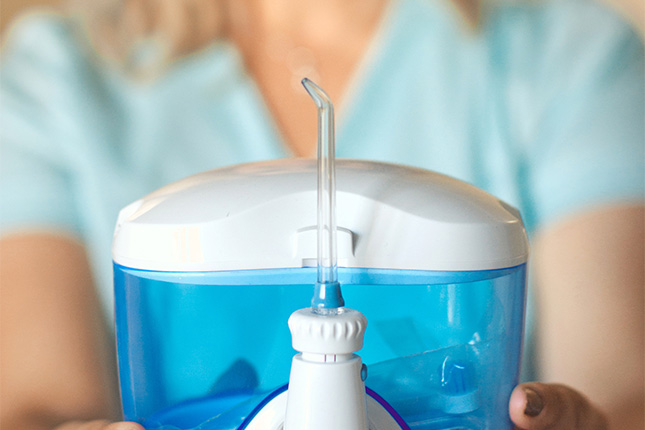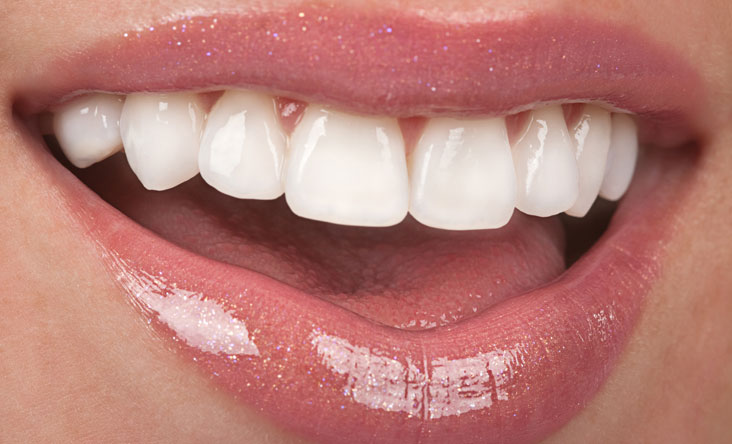Whatever decision you make regarding the start date for your child’s dental care should be carefully considered. This includes teeth whitening, a practice that young people are increasingly becoming more interested in. Parents must understand, however, that not every child is ready for tooth whitening at the same age.
Dentists advise against teeth whitening for children under the age of 13. This is as a result of the enamel on their teeth still being in the process of formation. Products for teeth whitening have the potential to damage the enamel, which could eventually injure the teeth.
Children over the age of 13 may benefit from whitening, but you must first consult with your child’s dentist. Your dentist can evaluate your child’s teeth to see if they are a good candidate for the procedure.
Also, it’s important to keep in mind that whitening should not take the place of basic oral hygiene habits. Children should floss after brushing their teeth frequently and steer clear of foods that are high in acid and sugar.
Hence, even if teeth whitening might make your child’s smile more appealing, it’s important to consider their age and see a dental professional before initiating any surgery. Strong teeth and a beautiful smile are constantly dependent on maintaining appropriate oral hygiene habits.
Whitening teeth procedure
Treatments for whitening teeth are growing in popularity among people who want to smile with more radiance and self-assurance. Yet, parents should exercise caution while thinking about such treatment for their kids.
It’s crucial to remember that children’s teeth are still developing and may not respond well to some of the chemicals used in the procedure, despite the fact that teeth whitening may seem innocuous. Moreover, a child’s teeth are more prone to sensitivity and damage.
The American Academy of Pediatric Dentistry advises delaying teeth whitening operations until a child is at least 14 years old. Their teeth are now fully developed and more damage-resistant.
Before starting treatment, parents should think about the origin of their child’s tooth discoloration. It can occasionally be caused by bad eating habits or lack of oral hygiene practices, which can be remedied with regular dental treatment and instruction.
In conclusion, parents should carefully assess their child’s age and circumstances before electing to have them whiten their teeth, even though teeth whitening procedures can be safe and advantageous for adults. In order to achieve the best outcomes for your child’s dental health, it is best to contact a pediatric dentist.
Restrictions on teeth-whitening use
Consider your child’s age before bleaching their teeth.
Teeth whitening has gained popularity as a means of achieving the ideal smile that everyone desires. Although adults may choose their own tooth whitening techniques, parents frequently question whether they should subject their children to such procedures.
It’s crucial to examine the advantages and disadvantages before making a decision because dental experts commonly disagree on the ideal age for teeth whitening. Children under the age of 16 should not have tooth whitening operations, according to the American Academy of Pediatric Dentistry (AAPD). This is due to the fact that because it is still growing, the tooth enamel of youngsters is more sensitive than that of adults.
Moreover, teeth whitening techniques may irritate and make children’s teeth more sensitive, which may cause pain. So, it is essential to see a pediatric dentist before deciding on teeth-whitening operations for your child. They can assess your child’s dental health and advise you on the best course of action.
Last but not least, while teeth whitening treatments could improve your child’s smile, it is important to consider their age and dental health before getting started. It is advisable to check with a pediatric dentist to ensure that your child’s dental health is not in jeopardy.
Pediatric dentistry office in Pennsylvania
Scheduling an Appointment with a Pediatric Dentist in Pennsylvania
As a parent, you want to guarantee that your child has healthy, white teeth. In an effort to achieve the ideal smile, many parents consider having their children’s teeth whitened. Yet when scheduling a consultation appointment with a pediatric dentist in Pennsylvania, it’s imperative to consider your child’s age.
For children under the age of 14, the American Academy of Pediatric Dentistry advises against tooth whitening. This is because the whitening substances used during the procedure could affect their teeth’s enamel and pulp while they are still developing.
Moreover, children under the age of 14 are more likely to experience gum inflammation and dental sensitivity. Until all of a child’s permanent teeth have emerged, the American Dental Association advises against teeth whitening.
So what can parents do to ensure their children have bright, healthy teeth? Basic oral hygiene practices, such as flossing, brushing twice a day, and routine dental visits, are the key to maintaining healthy teeth.
Finally, even though teeth whitening could seem like a quick fix, it’s important to consider your child’s age before scheduling a consultation with a pediatric dentist in Pennsylvania. Setting up a good oral hygiene practice and scheduling regular dental exams are the greatest ways to ensure that your child has healthy, bright teeth.





